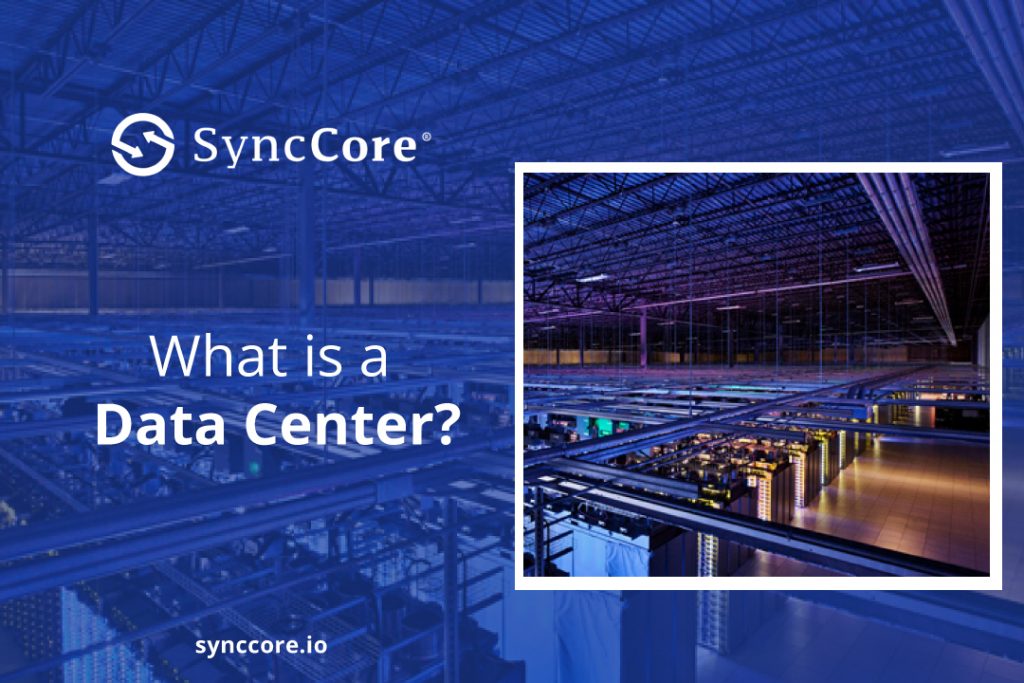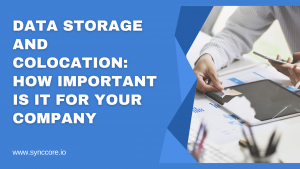
Data centers are most commonly referred to as the brain of the company. It is here where all the critical processes of a business are run on computer servers. All of the essential data from a company is processed, stored, and organized into packets for transmission, where routers determine the best path for the data to travel on. The data center is built with many pieces of equipment designed and integrated with resiliency in mind.
Table of Contents
Data Center:
At its simplest, Data Hubs may be a physical facility that organizations use to accommodate their essential applications and data. Data Hub center’s style relies on a network of computing and storage resources that modify the delivery of shared applications and data.
Are our data centers important to business?
In the world of enterprise IT, Data hub centers have designed to support business applications and activities that include: Email and file sharing, Productivity applications, client relationship management (CRM), Enterprise resource planning (ERP) and databases, Big data, computing, and ML, Virtual desktops, communications and collaboration services.
Core components of a data center?
A data center design component includes routers, switches, firewalls, storage systems, servers, and application delivery controllers.
Features to watch For in an Data Hub Center:
Location:
With the cloud and also the simplicity of remote access, your data can be accessible from anyplace.
Physical Security:
While the importance of information security goes while not communicating, having ample on-site security is simply as crucial. This includes ensuring the facility utilizes 24/7 video surveillance, multi-layered access control, reinforced doors and walls, and anything else that ensures no one is getting in who doesn’t need to be.
Network Redundancy:
Along with location and security, load time is additionally an important issue. Selecting an data hub center with many levels of redundancy may be a should, particularly for those mission-critical servers.
Financial Stability:
The monetary history of the supplier you decide on as a data hub center ought to be completely vetted. You don’t wish them going out of business unexpectedly, deed your organization scrambling to ascertain new roots elsewhere. You furthermore may don’t wish them cutting corners on infrastructure to save lots of cash.
Scalability:
If you’re interested in expanding your business at some point, you’ll probably need a data center that can handle changes and expansions. Many suppliers provide one-size-fits-all models that will not suit your organization’s potential for growth. It’s essential to find a flexible data center to meet your company’s current and future requirements.
Disaster Recovery Plan:
It’s not possible to say when disaster will come. By maintaining a solid disaster recovery plan, your organization can stay one step ahead of what could otherwise be a devastating situation.
Think to the Future:
Tech moves fast; the data center you choose needs to keep up. What works fine today will likely be outdated shortly.
24/7 Support and Monitoring:
You’ll want to be able to quickly and reliably keep tabs on the utilization of your servers and data at all times. Knowing the usage of bandwidth, storage levels, physical floor space, and outage alerts is just the tip of the iceberg.
Operational Performance:
If a data center has met the requirements mentioned above. However, it’d facilitate if you continue to thought-about wanting “under the hood” to grasp the operational performance higher. sound pollution, Maintenance activities, Plumbing in/over whitespace space, ever-changing filters.
Price:
One last consideration is price. After all, you’re taking the time and investment to find a data center; you want to make sure there are no surprises when it comes to cost.
By being proactive with your knowledge of the features above, you’ll be confident that you will choose the right data center for your business. If you would like more information on data centers, feel to check our site or Mail us at [email protected]



